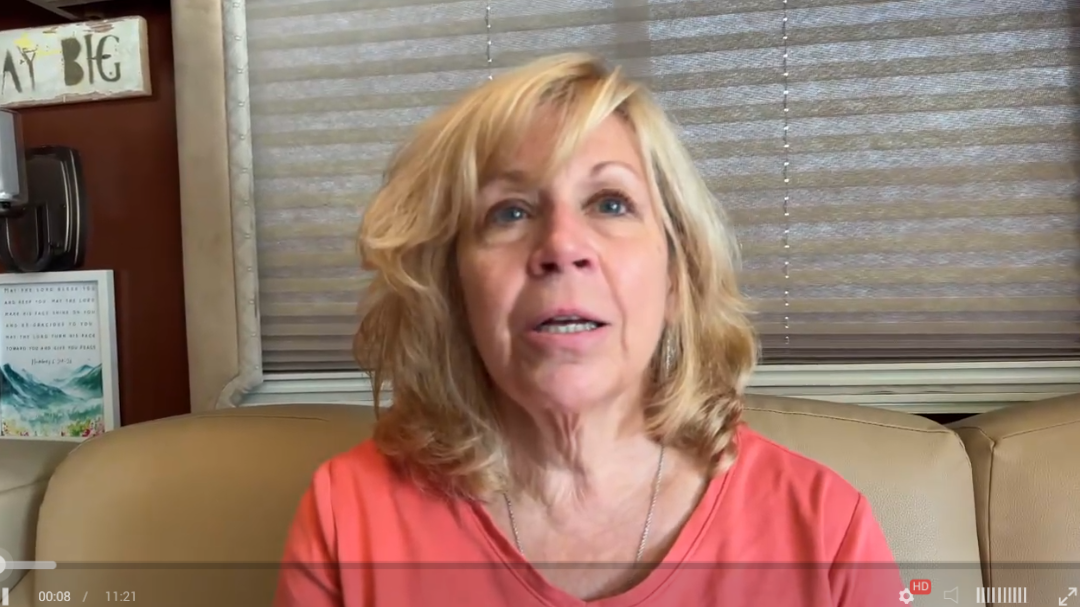In a somber gathering against a backdrop marked by an unprecedented climate of censorship, the CHD bus offers a beacon of hope, a space where stories silenced and censored find a resonating voice. It is here that individuals like Joyce Windsor come forward, navigating their grief to shine a spotlight on COVID-related crimes against humanity.
Joyce’s begins in Pennsylvania, at the Jefferson Regional Hospital, where Nelson L Windsor, aged 78, sought treatment following severe dehydration induced by an unexpected illness. Nelson’s trajectory in the healthcare system, as recounted by Joyce, began with protocols that she found to be deeply troubling. Joyce speaks of feeling coerced into agreeing to a PCR test, which she viewed with skepticism, fearing it would serve as a prelude to a series of events that would compromise her husband’s health rather than safeguard it.
As Nelson’s condition worsened, Joyce vividly recalls feeling her pleas and concerns being swept aside, witnessing what she believes to be not mere negligence, but an active orchestration designed to facilitate Nelson’s decline. The crux of her distress centers on the administration of remdesivir, a medication she attributes to accelerating Nelson’s health deterioration, eventually compromising his kidneys and forcing him onto a ventilator. The regimen of treatments, she asserts, followed a pathway she felt was designed not to heal, but to undermine Nelson’s chance of recovery, steering him toward a tragic and untimely end.
Joyce recounts a harrowing timeline, a decline that saw Nelson isolated, heavily sedated, and denied what she perceived to be viable treatment alternatives, a series of choices she felt were dictated not by a genuine medical assessment, but by a broader agenda operating under the guise of public health policy.
As she speaks, the gravity of her loss becomes emblematic of a wider sentiment, a mounting call for justice from families who perceive themselves as victims of an orchestrated assault on their fundamental human rights. It is a cry echoed across communities, nations, and borders, forming a choir of sorrow and outrage, demanding to be heard in an environment where skepticism and alternative perspectives have found few outlets for expression.
The somber chronicle of Nelson’s final days, marked by solitude and a frantic, heart-wrenching battle against protocols that seemed designed to be hostile and inhumane, not only outlines Joyce’s personal tragedy but raises unsettling questions echoed by many. It adds to a growing compendium of testimonies amassed by the COVID-19 Humanity Betrayal Memory Project, each story an urgent plea for recognition and rectification.
As the CHD bus traverses the nation, it becomes a moving monument to perceived large-scale injustices, a living testament to the deep-seated grievances harbored by countless individuals who view their experiences not as isolated incidents but as incontrovertible evidence of COVID-related crimes against humanity. Each name signed on the bus represents a call to action, a refusal to let the story end here, a beacon of unity, and perhaps a starting point on a path towards justice.

